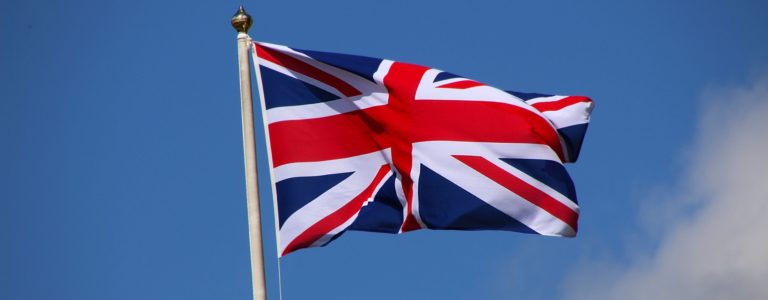Politics and Poor Timing: PR disasters in the run up to the General Election

Work experience intern Sadie Cole explores PR disasters in light of the upcoming general election.
In the run up to the United Kingdom’s general election on December 12th, the nation’s eyes are fixated upon the words and actions of two men. Splashed across the front page of every newspaper, every social media site and embedded within what feels like every crevice of public life, the reputations of Boris Johnson and Jeremy Corbyn have both been called into question in recent weeks. The imminent arrival of radical parliamentary change calls for us to reflect upon the weight which these two leaders’ words and actions have had in recent weeks for both their personal and political reputations.
On 29th November, two University of Cambridge graduates lost their lives at the hand of Usman Khan in a senseless terror attack on London Bridge. Saskia Jones, 23, and Jack Merritt, 25, were both stabbed in the incident, tragically losing their lives. Following the incident, the Prime Minister’s seemingly cold and emotionally vacant response attracted significant attention in both the press and on social media platforms.
Hitting back at the PM’s reaction, David Merritt – Jack’s father – took to his twitter account to condemn the “vile propaganda” being peddled by the Conservative leader. Utilising the deaths of two young people in a twisted pre-election propaganda game, Johnson hinted during an interview with Andrew Marr on Sunday that blame for the attack lay partially in a Labour initiative going back to 2008, which facilitated automatic early release dates for prisoners.
Despite Merritt’s call for his son’s death to not be yielded as political gunpowder in run up to the election, Johnson reinstated his belief in tougher sentencing whilst campaigning last week. Yet, if his outspoken and careless politicization of two young people’s deaths hadn’t damaged his public appearance enough, Johnson’s blatant ignorance towards the wishes of a grieving father have certainly drawn him unfavourable attention. Following comments which underscored the PM’s insistence on tougher sentencing, individuals took to twitter to call out what some users described as “despicable” behaviour.

In a similarly disastrous scandal for personal reputation, Jeremy Corbyn came under fire last week for his failure to directly apologise for the antisemitism which has long infected the Labour Party. In an interview with Andrew Neil, Corbyn failed to apologise when asked on four separate occasions; his indirect skirting around the matter drew heavy criticism on social media outlets, with Twitter hashtags such as #labourantisemitism attracting heavy usage in the aftermath of the disaster.
Both leaders have demonstrated in recent weeks that ill-timed and poorly thought out responses to urgent matters have the capacity to significantly undermine public perception; not only is public confidence in the individual’s professional capabilities called into question, but moreover such concerns rapidly spread across social media, bolstered through the utilisation of hashtags, images and videos. The role of social platforms such as Twitter and Facebook in recalibrating popular perceptions is more important than ever before. In a nation which is arguably more divided now than it has been many Brits’ living memory, issues such as identity and national security are increasingly potent, imprinted on the public’s minds. It is unsurprising, then, that the handling of related issues by the Conservative and Labour leaders often culminates in what can only be described as a disaster for one’s reputation. The immediacy with which Johnson took the loss of life as an opportunity to criticise New Labour policies, and Corbyn’s skirting around Neil’s call for an apology, stood to be catastrophic decisions for both individuals.
The weight of these past weeks’ crises for the two leaders will not be fully realised until December 12th. Speaking to Philip Schofield on ITV’s This Morning, Jeremy Corbyn announced just last week that “obviously I’m very sorry for what has happened” with regards to antisemitism. Yet one can only wonder, is it too little too late?